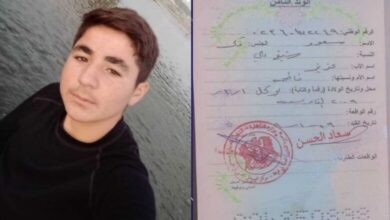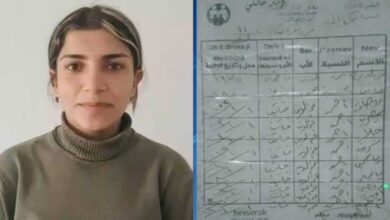UN to examine Syria chemical weapons attacks
The UN has adopted a resolution aimed at identifying those behind chemical weapons attacks in Syria.
UN chief Ban Ki-moon and the head of the Organisation for the Prohibition of Chemical Weapons (OPCW) will be asked to prepare a plan for an inquiry.
The vote came after the US and Russia agreed on the final text of the resolution.
A mission to eliminate Syria’s chemical arsenal was set up after a deadly attack outside Damascus in August 2013.
Late last year, the OPCW declared it had removed or destroyed all 1,180 tonnes of declared toxic agents and precursor chemicals.
‘Powerful message’
After Friday’s vote, the US ambassador to the UN, Samantha Power, said it was a clear message that the perpetrators would not go unpunished.
“Today’s resolution has been adopted with the council’s unanimous support,” she said.
“This sends a clear and powerful message to all those involved in chemical weapons attacks in Syria. The joint investigative mechanism will identify you if you gas people.
“It bears repeating as well that we need to bring the same unity that we have shown today to urgently find a political solution to the Syrian crisis.”

Analysis: Nick Bryant, UN Correspondent

Up until now, international experts have carried out only fact-finding missions in Syria to determine whether chemical weapons attacks have occurred. Their reports have not explicitly pointed a finger of blame at those believed to be responsible – although details, like the use of chlorine-filled barrel bombs, are in themselves incriminating, because only the forces of Bashar-al-Assad have them in their arsenal.
The significance of this Security Council resolution is that it will create a new investigative body with a mandate to attribute blame. The United States, which has spent months negotiating this resolution with Russia, believes it will end a culture of impunity regarding the use of chemical weapons and accumulate evidence that could be used in future prosecutions.
The Americans concede, however, that those prosecutions are not imminent, and could be years or more than a decade away. Although the resolution paves the way for the creation of an attribution mechanism it will not trigger automatic punishment – a weakness seized upon by human rights groups.
The challenge of assessing Syria’s chemical weapons

Friday’s resolution is a rare display of unanimity from the UN on Syria, with all 15 members voting in favour.
The resolution follows months of negotiations between the US, which has long accused the Assad regime of using chemical weapons, and Russia, which has defended its Syrian ally.
Syria’s ambassador to the UN Bashar Jaafari denied his government was behind the attacks, claiming the Islamic State (IS) group and the al-Qaeda-affiliated Nusra Front were to blame.
Under the terms of the agreement, a team of expert inspectors will be given full access where possible to all locations in Syria and be allowed to collect materials and interview witnesses.
Vitaly Churkin, the UN’s Russian representative, said he hoped that the joint investigative body would work “impartially, objectively and professionally”.
The resolution calls for Mr Ban and the OPCW to recommend a team of investigators within 20 days.
BBC




